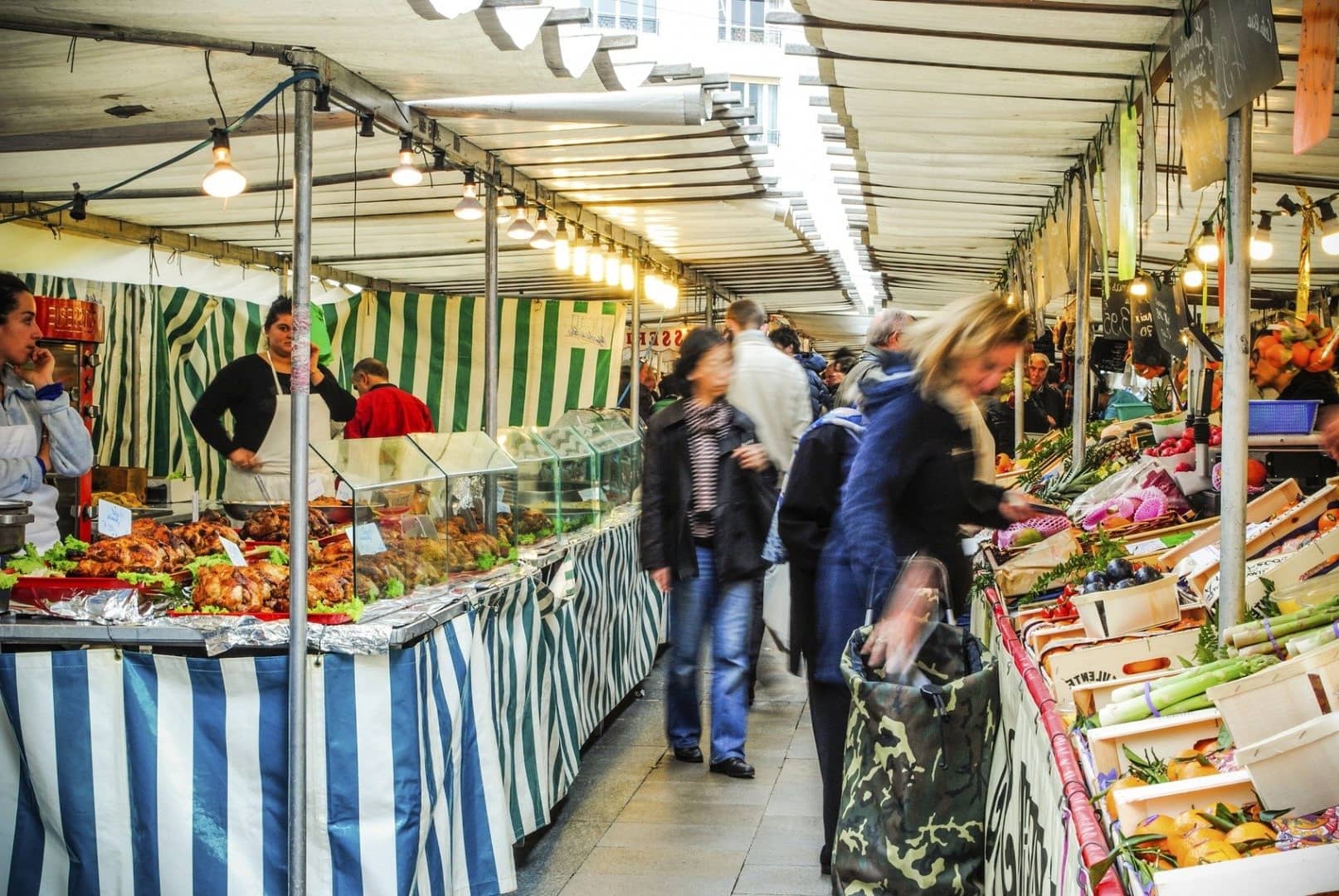
What makes the European market so unique? The European market stands out due to its diversity, innovation, and economic power. With 44 countries, each with its own culture, language, and regulations, the market offers a rich tapestry of opportunities and challenges. The European Union (EU), comprising 27 member states, creates a single market that facilitates trade and investment across borders. Innovation hubs like Germany, France, and the Netherlands drive technological advancements, while luxury brands from Italy and France set global trends. The euro, used by 19 EU countries, simplifies transactions and strengthens economic ties. Sustainability is also a key focus, with many European companies leading in green technologies and practices.
Key Takeaways:
- Europe's market is huge, with over 740 million people and a $4 trillion economy. It's a leader in technology, agriculture, automotive, and tourism, making it a diverse and vibrant market.
- Europe is a hotbed of innovation, from tech startups to renewable energy. It's also a top destination for tourists, with iconic landmarks and a well-developed transportation network.
The European Market: A Diverse Landscape
Europe's market is a complex and diverse ecosystem. From technology to agriculture, each sector offers unique insights. Let's dive into some fascinating facts about this vibrant market.
-
Europe is home to over 740 million people, making it one of the largest consumer markets globally.
-
The European Union (EU) consists of 27 member countries, each contributing to the market's diversity.
-
Germany is the largest economy in Europe, with a GDP of over $4 trillion.
-
The Euro is the second most traded currency in the world, after the US dollar.
-
Europe has a highly developed infrastructure, facilitating smooth trade and commerce.
Technology and Innovation
Europe is a hub for technological advancements and innovation. From startups to established tech giants, the continent is a breeding ground for new ideas.
-
The European tech industry is valued at over $1 trillion.
-
London, Berlin, and Paris are among the top cities for tech startups in Europe.
-
Europe is a leader in renewable energy technology, particularly wind and solar power.
-
The European Space Agency (ESA) is a major player in global space exploration.
-
Europe has some of the world's fastest internet speeds, with countries like Sweden and Norway leading the way.
Agriculture and Food Industry
Agriculture plays a significant role in Europe's economy. The continent is known for its diverse and high-quality food products.
-
Europe is the world's largest exporter of agricultural products.
-
France is the leading wine producer globally, with Italy and Spain following closely.
-
The EU's Common Agricultural Policy (CAP) supports farmers and ensures food security.
-
Europe is famous for its cheese, with over 1,000 varieties produced across the continent.
-
Organic farming is on the rise in Europe, with countries like Germany and Italy leading the trend.
Automotive Industry
Europe's automotive industry is one of the most advanced and competitive in the world. It is home to some of the most iconic car brands.
-
Germany is the largest car producer in Europe, with brands like Volkswagen, BMW, and Mercedes-Benz.
-
The European automotive market is worth over $500 billion.
-
Electric vehicles (EVs) are gaining popularity in Europe, with Norway having the highest EV market share.
-
The EU has strict emissions regulations, pushing car manufacturers to innovate and produce cleaner vehicles.
-
Europe is a leader in automotive research and development, investing heavily in new technologies.
Tourism and Travel
Europe is a top destination for tourists from around the world. Its rich history, culture, and natural beauty attract millions of visitors each year.
-
Europe receives over 700 million international tourists annually.
-
France is the most visited country in the world, with over 89 million tourists each year.
-
The European tourism industry contributes significantly to the continent's GDP, generating billions in revenue.
-
Europe has a well-developed transportation network, making it easy for tourists to travel between countries.
-
The continent is home to some of the world's most famous landmarks, including the Eiffel Tower, Colosseum, and Big Ben.
The Final Word on the European Market
Understanding the European market can be a game-changer for businesses and individuals alike. With its diverse economies, rich history, and dynamic consumer behavior, Europe offers a wealth of opportunities. From the single currency of the Eurozone to the unique cultural nuances of each country, there's always something new to learn.
Whether you're looking to expand your business, travel, or simply broaden your knowledge, these 25 facts provide a solid foundation. Remember, staying informed about market trends and economic indicators can help you make smarter decisions.
Europe's market is ever-evolving, and keeping up with these changes is crucial. So, keep exploring, stay curious, and use this knowledge to your advantage. The European market is vast and full of potential—don't miss out on what it has to offer.
Frequently Asked Questions
Was this page helpful?
Our commitment to delivering trustworthy and engaging content is at the heart of what we do. Each fact on our site is contributed by real users like you, bringing a wealth of diverse insights and information. To ensure the highest standards of accuracy and reliability, our dedicated editors meticulously review each submission. This process guarantees that the facts we share are not only fascinating but also credible. Trust in our commitment to quality and authenticity as you explore and learn with us.
